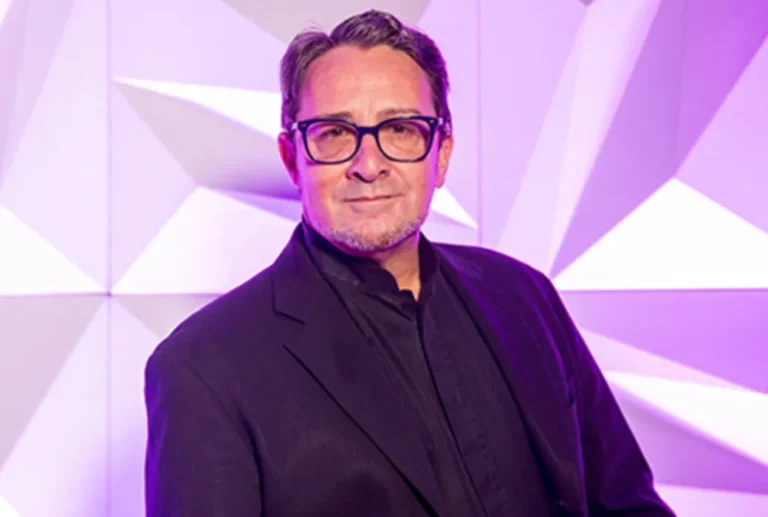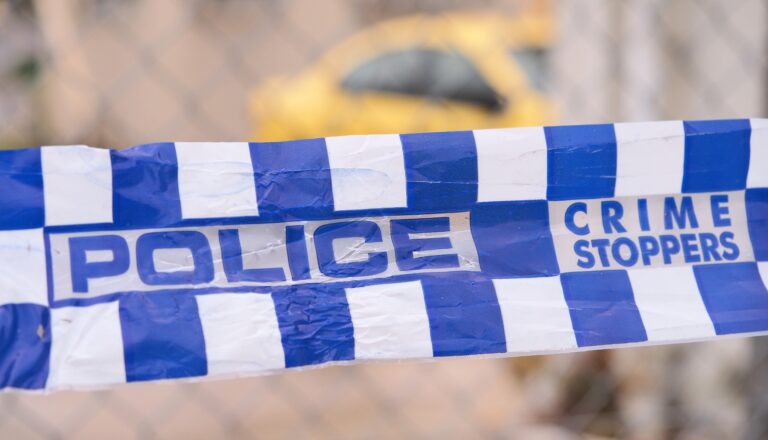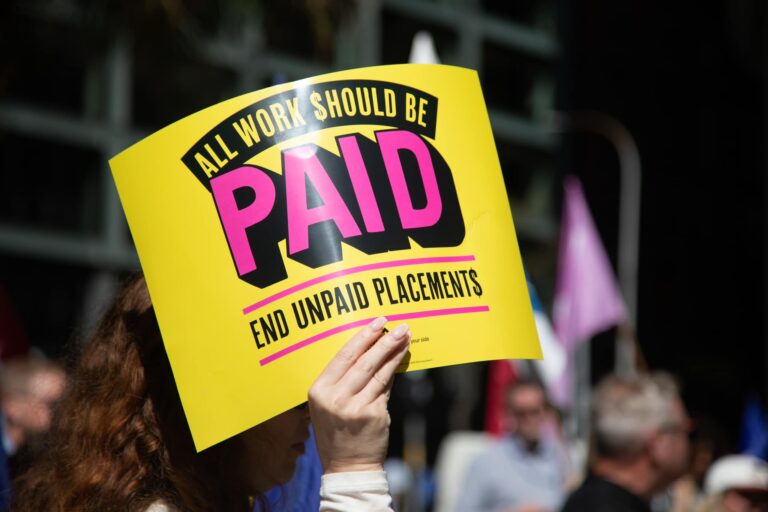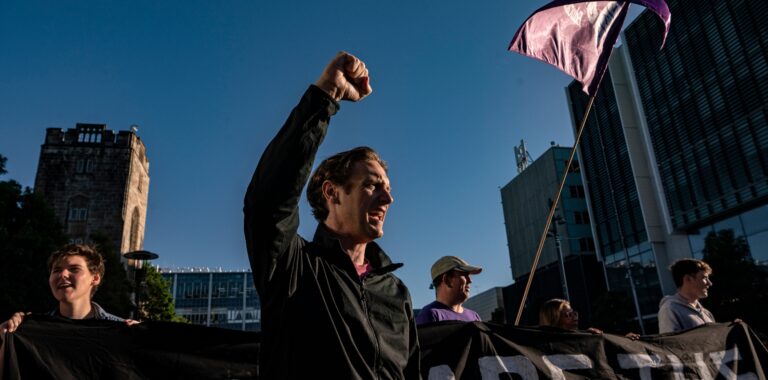
Urgent need for media focus
Persistent media coverage of Aboriginal issues would result in more effective action according to Karla Grant, the host of indigenous affairs program Living Black.
Grant says mainstream media, especially television, is behind the eight-ball in covering indigenous issues.
“Aboriginal issues are rarely covered unless it’s a huge story like the Redfern riots or the NT Intervention,” she said.
“These stories are big news at the time but are then ignored. The mainstream media doesn’t monitor the progress or review the impacts of these issues.”
The result is that the public is not aware that the community is divided on the Intervention, that results have been patchy at best, and that while the communities “have been willing to give it a go” there have been problems.
Chief among these has been the confusion generated by the quarantining of all welfare payments.
“People don’t understand how it works. The measures have been rolled out but there’s been a lack of information, both for the people rolling it out and those affected,” Grant said.
“This has had a negative effect because people have gone to the supermarket and found that their Essentials card didn’t work and they were not able to buy groceries.
“If this was happening to non-indigenous Australians there’d be a big hooha about it and it would be all over our current affairs programs. But nobody cares that Indigenous people are living this way in this day and age. It just wouldn’t happen in any other community.”
The other problem, one that goes to the heart of the long list of unsuccessful Indigenous policies implemented in Australia, is the indiscriminate one-size-fits-all approach.
“Income quarantine was rolled out to affect all Aboriginal people, whether they were doing the right thing or not. All are being penalised equally.”
Grant believes that if the mainstream media covered these stories, there would be greater public awareness and more pressure on governments to act.
“Indigenous issues don’t rate unless they’re used as a political football. It’s amazing what people have to do to get attention,” she said.
Grant was referring to Barbara Shaw’s appeal to the United Nations to reinstate the Racial Discrimination Act – repealed especially to make the Intervention possible – and to the political crisis in the NT last week caused in part by revelations that no houses had yet been built for the Aboriginal community despite massive funding.
If Grant had her way, the media would provide relentless coverage of the poor state of Aboriginal health, the shocking infant mortality rate, domestic violence, lack of housing and lack of employment in Indigenous communities.
“I went to Alice Springs in August last year to do a program from Hoppy’s town camp and the state of housing there was absolutely appalling. I came away traumatised. Even talking about it makes me really emotional,” she said.
“They’re living in little more than shelters, rubbish everywhere, people wandering aimlessly – worse than third world conditions, and this is in our own backyard. This is the sort of thing the media should be drawing attention to.”
But Grant says the Aboriginal community needs to “pull their finger out” too, to unite and take responsibility to work with the government on these issues.
She described the apology delivered by Prime Minister Kevin Rudd as “an amazing time for black and white Australia”.
“So many people were moved by that apology but now, more than a year later, we are looking for more action.”
Media coverage of the anniversary of this historic moment has been scant, except of course, on Living Black. Since its premiere in 2003, the half-hour show has become the only prime-time program devoted to indigenous issues and has been trying to reach a wider audience with a magazine-style current affairs approach.
Grant, who has a Dutch father and an Aboriginal mother from the Arrernte people in Alice Springs, wants her three children with ex-husband Stan Grant to stay closely connected to their heritage. And she is hopeful for the future of Aboriginal Australia.
“I have seen some things change and a lot of positive things happening across the country – people working very hard to make life better for their kids. That makes me hopeful.”
Living Black airs Monday at 6pm on SBS.









